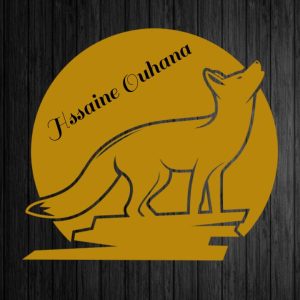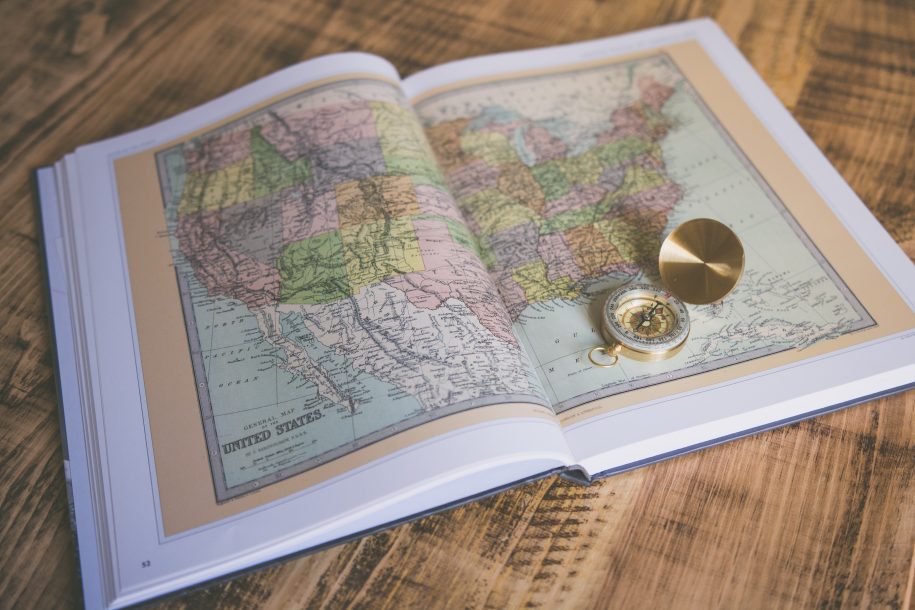Morocco is a North African country known for its rich history and diverse culture. The country has been inhabited by various groups, including Berbers, Arabs, and Europeans, for thousands of years. In this article, we will explore the history of Morocco, from its ancient origins to its modern-day identity.
Prehistoric Morocco
The earliest known inhabitants of Morocco were the Berbers, who have lived in the region for thousands of years. The Berbers were nomadic people who lived off the land and were skilled farmers, traders, and artisans. They left behind numerous archaeological sites across the country, including rock art, cave paintings, and megaliths.
Phoenician and Carthaginian Rule
In the 8th century BCE, Phoenician traders established trading posts along the Moroccan coast. They were followed by the Carthaginians, who founded the city of Carthage in modern-day Tunisia. The Carthaginians established a presence in Morocco and fought numerous wars with the Berbers for control of the region.
Roman Rule
In 42 CE, the Romans invaded Morocco and established a province called Mauretania Tingitana. The Romans built numerous cities and infrastructure projects in Morocco, including roads, aqueducts, and public buildings. The most famous Roman site in Morocco is Volubilis, an ancient city that is now a UNESCO World Heritage Site.
Arab and Islamic Conquest
In the 7th century, Arab armies conquered Morocco and brought Islam to the region. The Berbers converted to Islam and formed alliances with the Arab rulers. The Islamic Golden Age saw a flourishing of culture, education, and architecture across Morocco, with cities like Fez, Marrakech, and Rabat becoming major centers of Islamic learning and trade.
Almoravid and Almohad Empires
In the 11th century, the Berber Almoravid empire was established in Morocco. The Almoravids expanded their territory across North Africa and Spain and promoted a strict interpretation of Islam. The Almoravids were succeeded by the Almohad empire, another Berber dynasty that ruled Morocco from the 12th to the 13th century. The Almohads were known for their military prowess and their promotion of a more moderate version of Islam.
European Colonization
In the late 19th century, Morocco became a target for European colonization. France and Spain established protectorates over Morocco, which led to widespread resistance from the Moroccan people. The country gained independence in 1956, following years of protests and political negotiations.
Modern Morocco
After gaining independence, Morocco established a constitutional monarchy and began to modernize its economy and society. The country has experienced periods of political unrest and economic challenges but has remained relatively stable in recent years. Morocco is known for its vibrant culture, diverse cuisine, and popular tourist destinations, including Marrakech, Casablanca, and the Sahara Desert.
In conclusion, Morocco has a rich and diverse history that has shaped its identity as a North African country. From its ancient Berber roots to its Islamic Golden Age and European colonization, Morocco has faced numerous challenges and emerged as a resilient and vibrant nation. Today, Morocco continues to evolve and adapt to modern times while preserving its unique cultural heritage.


Leave a Reply